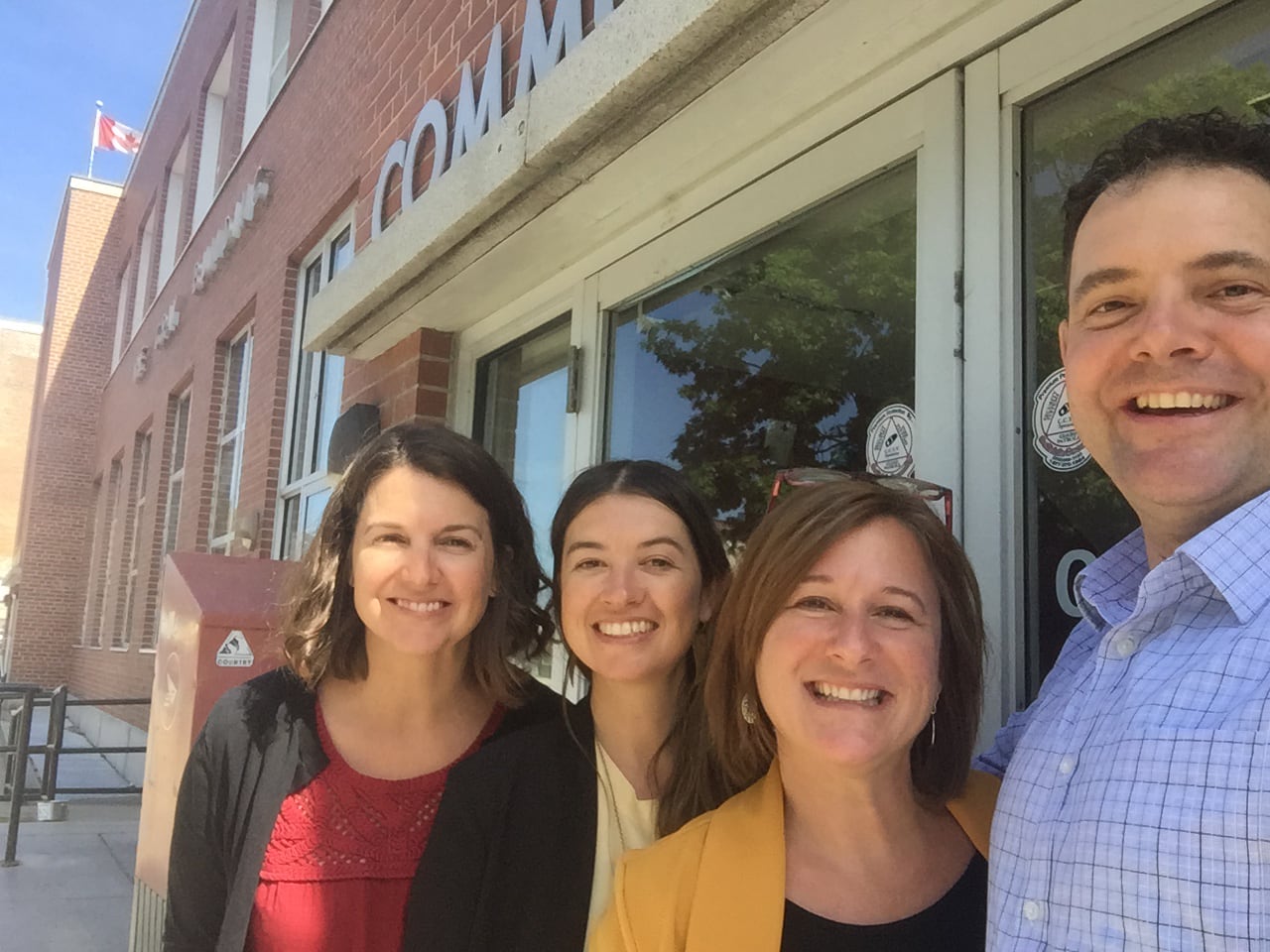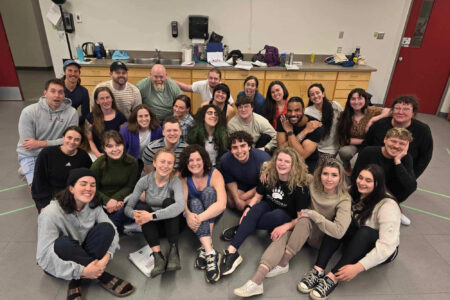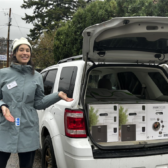Community Futures talks pot licensing, compliance
Jesse Cole, The Nelson Daily
More than 100 regional marijuana growers came together this past week to gain some insight on how to comply with new legal marijuana regulations.
Nelson’s Community Futures hosted a forum at the Prestige Lakeside Resort as part of their cannabis business transition initiative. Provincially funded to the tune of $675,000 over two years, the initiative seeks to help medical marijuana cultivators transition to the new recreational marijuana guidelines set out by Health Canada.
Paul Kelly is the lead organizer of the initiative. He said that Community Futures was in an ideal position to assist growers in making the switch.
“We wrote a proposal letting (the provincial government) know that local cannabis growers who had been licensed under the old medical model were having trouble navigating the new regulatory aspects of the recreational cannabis act,” Kelly said.
He noted that since legalization, the provincial government had found that only a small number of medical growers had made the transition.
“They’re trying to figure out the barriers. One of those barriers was that there weren’t a lot of boots on the ground in terms of helping people to interpret Health Canada’s policy,” Kelly said. “The regulations themselves are a 300-page document. We kind of looked at that and thought Community Futures was in a good position to help people navigate all of that.”
While last Friday’s compliance seminar was the first of its kind under the Community Future’s banner, Kelly said that starting in January the organization plans to host monthly forums on compliance and licensing.
“What we’ve been doing is parsing the entirety of the cannabis act, talking to Health Canada and Revenue Canada and the British Columbia Cannabis Secretariat to create a roadmap for growers to transition from that medical model to the new recreational model,” Kelly said.
Kelly said the feedback they’ve received so far has been positive.
“I’ve had a lot of great feedback. We wanted to show them that we can take something dry and daunting and break it down into digestible chunks to inform operating procedures. I think it achieved that purpose,” he added.
There are other hurdles to entering the recreational craft cannabis market, according to a regional farmer currently looking at whether or not to enter the industry. Leo, who asked to have his last name remain anonymous, said that seminars on compliance and education are vital but that the biggest hurdles for small growers are financial.
“Of course education is critical in anything, cannabis or otherwise,” Leo said. “The main thing is there are certain aspects that are difficult to achieve for the small players in the craft industry. The investment required is such a thing because before you can even get your license you need to build and invest a lot of cash and not everyone has that type of upfront cash.
“That’s the big problem I see.”

























